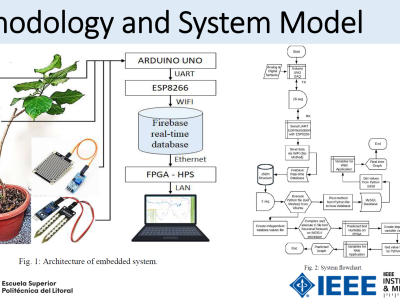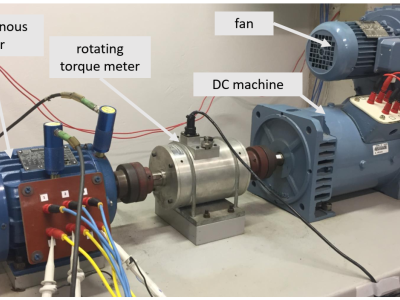DDoS attacks in 5G-V2X Networks

- Citation Author(s):
-
Badre Bousalem (University Gustave Eiffel (UGE) and Metanext, France)Vinicius F. Silva (University Gustave Eiffel (UGE), France)
- Submitted by:
- Fahdah Alalyan
- Last updated:
- DOI:
- 10.21227/vz7v-7951
 393 views
393 views
- Categories:
- Keywords:
Abstract
This dataset provides packet traces captured in a realistic 5G Vehicle-to-Everything (5G-V2X) environment, encompassing both legitimate vehicular communications and Distributed Denial of Service (DDoS) attacks. By deploying four user equipments (UEs) under multiple attacker configurations, the collected captures reflect various DDoS types (TCP SYN, UDP, and mixed) and reveal their impact on 5G-V2X networks. The dataset is further enriched with Argus files and CSV feature tables, facilitating data-driven approaches such as Machine Learning (ML)-based detection agents. Researchers can leverage these traces for creating or benchmarking ML-based security mechanisms, including Federated learning (FL) agents, for broader assessments of vehicular networking and resource management in 5G.
Instructions:
This dataset contains a set of packet captures collected in a realistic 5G Vehicle-to-Everything (5G-V2X) testbed. We consider the deployment of both benign traffic and Distributed Denial of Service (DDoS) attacks under multiple scenarios. We rely on four user equipments (UEs), three physical ones and one emulated UE. UEs are identified with numbers ranging from 2 to 5. The number of attackers is also varied under different scenarios, ranging from 0 (benign traffic only) to 4. The attack traffic type is varied as TCP SYN, UDP, and Mixed (TCP SYN and UDP). The attacks’ source port varies in a range from 100 to 65,535, while the attacks’ destination port is fixed in 80, 22, 443 and 53 for each attacker. The UE’s ID, the number of attackers, the destination port and the attack traffic type are defined in the packet captures' filename, in that order. For each scenario, we also capture packets from the 5G Core Network (CN)’s point of view. For each packet capture, we also provide a respective ARGUS file to extract multiple features, as well as a CSV file to ease the use of such features.








Hi,
I am interested in applying machine learning models to your dataset. I cannot download your dataset. Please send me your dataset via this email:monir.duet.cse@gmail.com